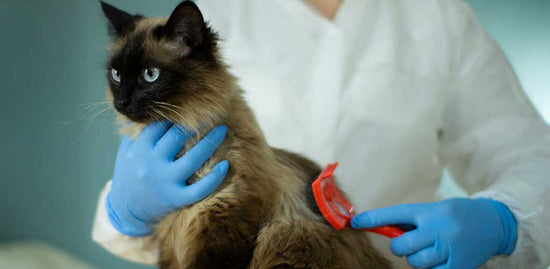Itchy skin is a common problem in dogs. Persistent scratching, licking, or biting may indicate allergies, dryness, parasites, or infections. Identifying the cause early is key to preventing discomfort and skin damage.
Look for signs such as:
Constant scratching or licking of specific areas
Red or inflamed skin
Bald patches or excessive shedding
Unpleasant odor from the coat
Early recognition allows for timely intervention and better comfort for your dog.
Helping your dog feel better involves a combination of preventive and soothing care:
Use vet-approved shampoos to calm irritation and hydrate skin.
Add omega-3 fatty acids to your dog’s diet for improved skin and coat health.
Maintain a clean, parasite-free environment to prevent itching.
Consult your vet if symptoms persist or worsen to rule out infections or allergies.
At Supertails, we offer a range of vet-approved solutions to keep your dog’s skin healthy and coat shiny. From soothing shampoos to supplements rich in omega fatty acids, our products are designed to restore comfort and promote overall skin wellness.
How often should I bathe my dog to prevent dry skin?
Most dogs do well with a bath every 4–6 weeks. Use gentle, vet-approved shampoos to avoid stripping natural oils.
Can diet affect my dog’s skin and coat?
Yes. Omega-3 fatty acids and a balanced diet improve coat shine and reduce itchiness caused by nutritional deficiencies.
Are fleas or ticks always the cause of itching?
Not always. While parasites are common culprits, allergies, infections, or dry skin can also cause persistent itching.
What signs indicate a skin infection?
Look for redness, swelling, hair loss, scabs, or a foul odor. Infections should be treated promptly by a vet.
Can regular grooming reduce skin problems?
Yes. Brushing removes loose hair, improves circulation, and helps distribute natural oils for a healthier coat.
When should I consult a vet for itchy skin?
If itching is constant, severe, or accompanied by hair loss, redness, or odor, consult a vet immediately to identify the underlying cause.














































































































































































